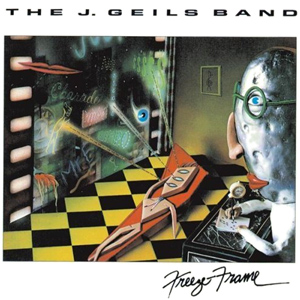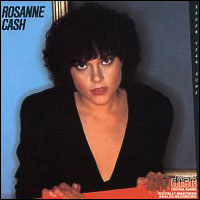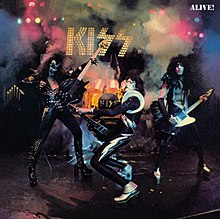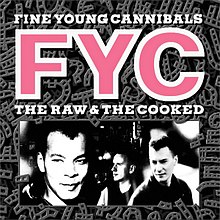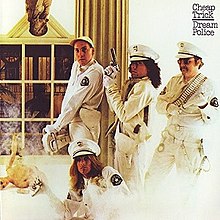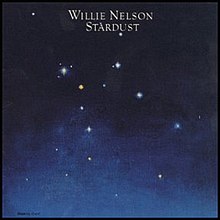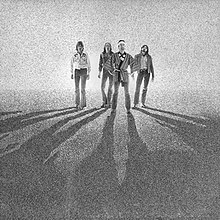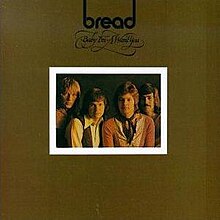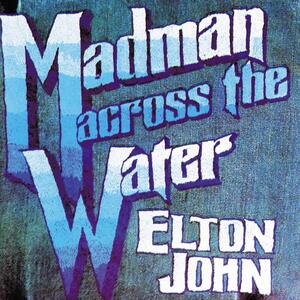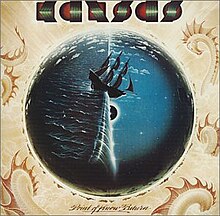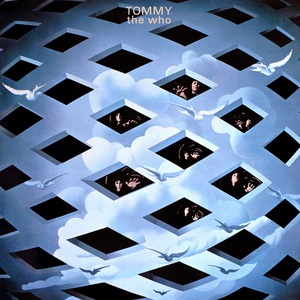
View the
Premise & Ground Rules for Revisiting Vinyl.
My Overall Rating of the Tracks Separately:
Above Average (2.5/4). Honestly, I would reccommend "Physical Graffiti" by Led Zeppelin, another double album by a band that went by almost exactly the same template and exectuted it phenomenonally better. (NOTE: hipsters will vehemently disagree with that last comment. SECOND NOTE: suck it, hipsters.)
Key Tracks:
The old blues cover of
Eyesight to the Blind works really well.
Christmas is the most cohesive track on either LP.
Pinball Wizard is fantastic on its own; the whole "concept" actually cheapens it some. The same goes for
Sally Simpson.
Obvious Filler & Swings-and-Misses:
John Entwistle contributed two tracks to "Tommy," and they both suck. First is
Cousin Kevin. It's just dull and distracting. The second is part B to the far more disturbing, unnecessary and agendized
Do You Think It's Alright/Fiddle About - a song that would reflect an isolated incident of incestuous, homoerotic masturbatory fantasy if it weren't reprised in a far more disturbing way in the climax on disc 4. Keith Moon's contribution doesn't fare any better -
Tommy's Holiday Camp is crap too. And I'm not letting the mastermind behind "Tommy" off the hook either. Townsend's
Underture is ten minutes of wasted space, and he wrote the first half of
Do You Think It's Alright/Fiddle About.
Really, the only difference between a concept album and a rock opera is one of two things: (1) an overture or (2) a stage production released prior to the LP. "Tommy" gets props for #1. But they still don't seem to get there. "Tommy" is clearly a concept album, but it is content to leave gigantic gaps. Let me explain...
Side one focuses on: setup, trauma, hopelessness and deceit.
It's a great premise/intro to a bottomless well of potential. Unfortunately...
Side two focuses on: coping, family and maturation.
We COULD be headed somewhere interesting, but this seems like an irrellevant side trip...
Side three focuses on: action, outreach and connection.
Unfortunately, side three never earns it. Tommy has a personality, but that's trampled beneath the treads of the fact that...
Side four focuses on: salvation, messianic overtones, fanaticism and evangilism.
Tommy is suddenly converted from deaf/dumb/blind to faith healer in an eleven second segue, and it never rings true. It seems much more like a plot device to spiel a late-sixties agenda.
So, is it an album? No. Seriously, I'm gonna say that a "rock opera" / "concept album" is not an album? You're damn straight. Like I hinted to earlier, all four acts (sides) seem to happen independently of each other without any logical or emotional segue from one to the next to explain how we got to where we are now. "Tommy" never delivers on a great premise; it never delivers on the unspoken promises it makes. Sadly, this record affirms every misgiving I ever had about The Who.
My Top Three Rock Operas Ever: (Pretty Standard)
3. "Hair"
2. "Joseph and the Amazing Technicolor Dreamcoat"
1. "Jesus Christ Superstar"
My Top Three Concept Albums Ever (not including
theme albums): (A Little More Diverse)
3. "Red Headed Stranger" by Willie Nelson
2. "Year Zero" by Nine Inch Nails
1. "The Wall" by Pink Floyd
Up next, we blend the studio with the live
again with "Flowers of Evil" by Mountain.


